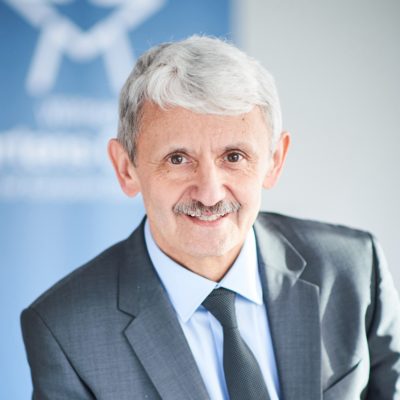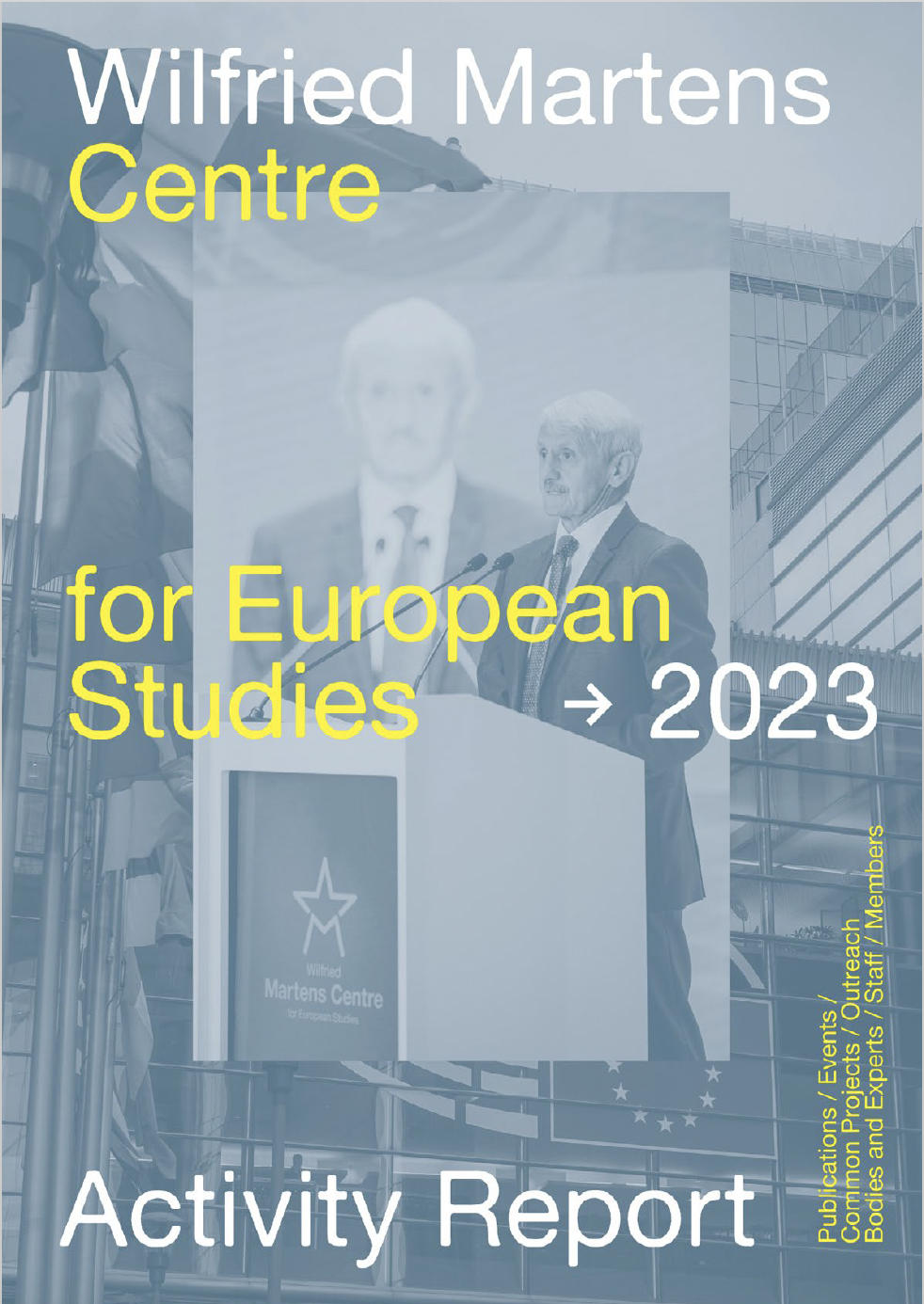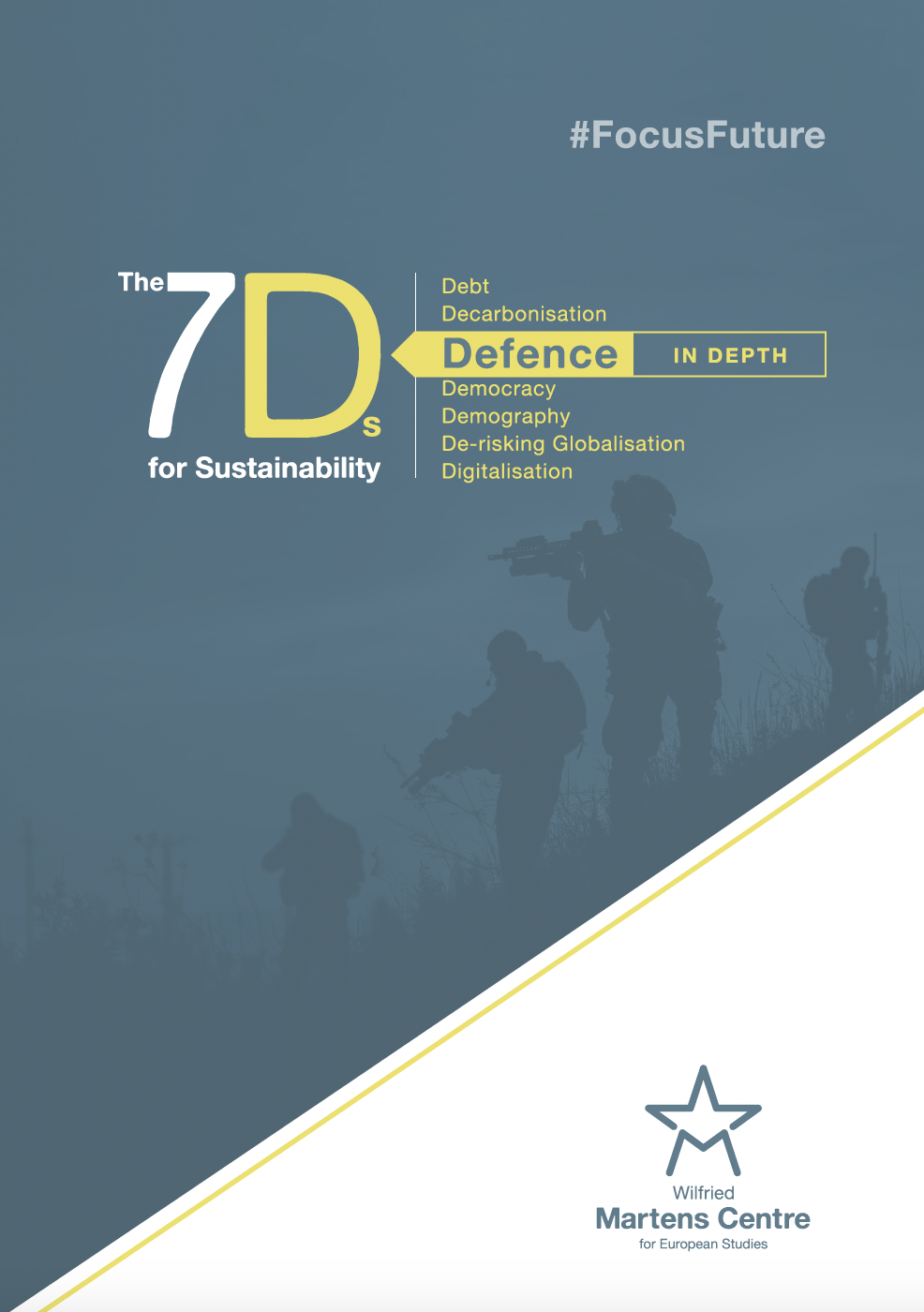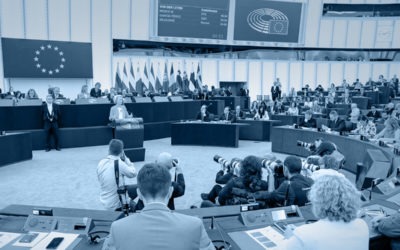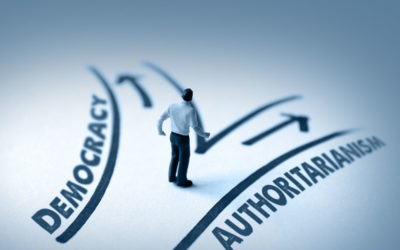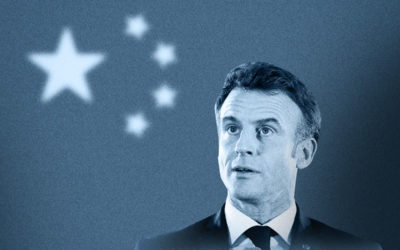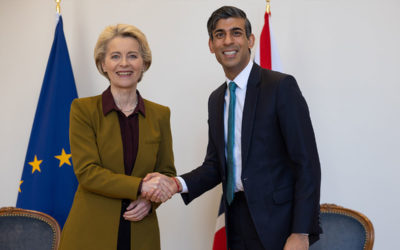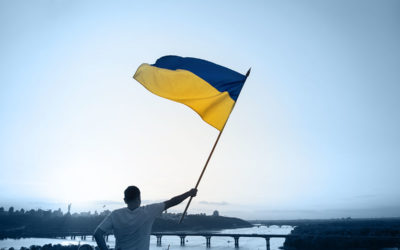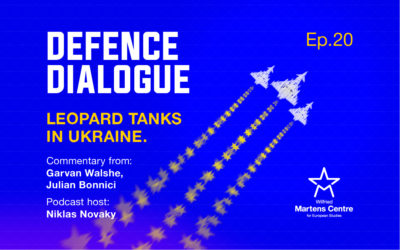European security: a defining moment?
07 June 2016
‘Europe has never been so prosperous, so secure nor so free.’ Even if they still partly ring true today, the first words of the 2003 European Security Strategy would probably not be written in 2016. The context in which we think about security and formulate strategies has changed dramatically. Since 2003 the EU has expanded by 13 member states and NATO by 9 member states. The Lisbon Treaty has created new Common Security and Defence Policy institutions, and introduced a mutual defence clause, invoked for the first time last year.
Moreover, revolutions in Eastern Europe and in the Arab world have radically changed our neighbourhood. We have witnessed a financial and economic crisis, Russia’s armed aggression against Ukraine, the rise of the so-called Islamic State, violent terrorist attacks in the very heart of Europe and a refugee crisis unprecedented since the Second World War. The instruments and institutions of European security stem from a different time and are not able to deal with the world’s changed realities. To adapt, the EU needs a new strategy, and new tools to implement it.
In our neighbourhood, Russia has increasingly used military means to achieve political goals. As you will be able to read in this issue of the European View, Europeans differ on how to deal with Russian aggression and whether NATO should provide permanent forces in Eastern Europe, thereby reassuring the Baltic countries, Poland and others. Our answer, however, must be firmly rooted in our transatlantic alliance and must abide by international law.
Recognising the de jure annexation of Crimea by Russia would represent a diminution of European security. Reaffirming the rule of law vis-à-vis Russia and strengthening our security partnerships are essential to guaranteeing our common security. As Prime Minister of Slovakia, I strived to bring my country into the EU and NATO. I have myself witnessed the strength that lies in our transatlantic and European partnerships.
The barbaric attacks in Paris and Brussels were attacks on our Western and European communities. It is Europe’s values and ways of life that are under threat. Our response must therefore be a European one, made in cooperation with our allies. European security and defence could become the new driving force of the EU, especially in this time of rising Euroscepticism and disillusionment with Europe. The time has come to place European security at the forefront of the European project.
In the wake of such tragic events, we all have an important responsibility to propose concrete solutions on how best to strengthen European security. The authors in this issue offer suggestions on how to assure cybersecurity, formulate a digital foreign policy, improve intelligence sharing, and establish a real Security and Defence Union. They also clarify the role institutions, such as NATO and the Organization for Security and Co-operation in Europe, should play.
This issue of the European View delivers important contributions to the debate about a new European security strategy. We are witnessing a defining moment in European security. Defending our citizens is not only fundamentally important: it is literally a matter of survival.
ENJOYING THIS CONTENT?


